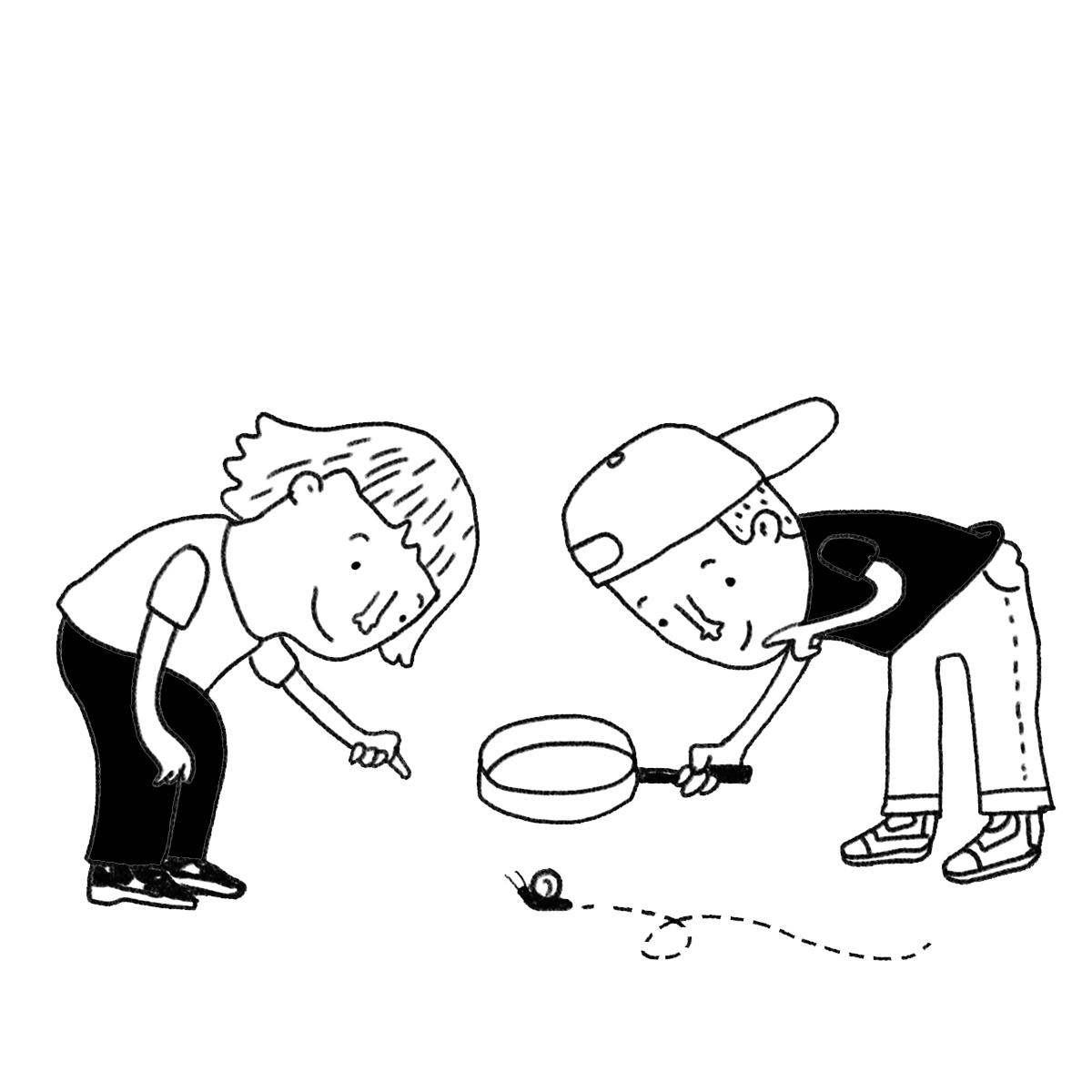Cognitive Interviews – techniques developed by the police to help witnesses provide more reliable information can be used in research too.
The techniques are designed to stop ‘reconstruction’ biases which are linked to how we store and recall long-term memories.
Here are the four key techniques
Report everything. Ask respondents to talk about every little thing they remember about the subject in question, asking them to leave nothing out. This increases accuracy.
Reinstate the context. Encourage respondents to recall everything about the ‘event’ in question – their mood, the weather, smells and other sensory experiences. It helps to ‘locate’ the respondent in the experience better.
Don’t start from the beginning. Disrupt the mind’s inventive flow by asking the respondent to start in the middle of the experience.
Change perspective. Ask the respondent to imagine their experience from someone else’s viewpoint. (Could be someone famous to make it more fun). Again, this encourages recall of events that might otherwise be left out of the respondents’ ‘narrative’.
Of course, sometimes we want to access respondents’ ‘schema’ their view of what happened – the view that fits in with their own reconstructed worlds. But other times we are trying to see understand what happened – and this is when cognitive interview techniques that have been tried and tested could be really useful.
Credit: I read about this on psychteacher.co.uk and first came across this at the AQR’s Qualfest and on Radio 4’s excellent All in the Mind.



